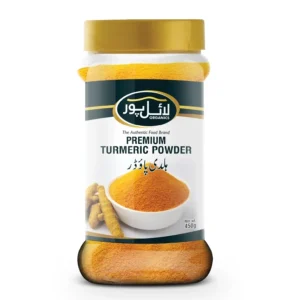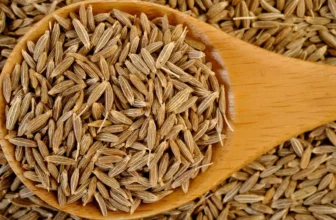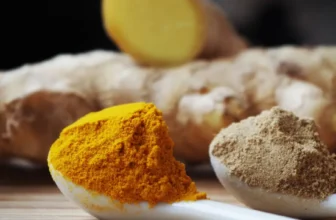Turmeric Supplements vs Fresh Turmeric: Which is Better?
Turmeric is a staple in many kitchens and a key ingredient in various traditional medicines, especially in India. It’s often praised for its vibrant color and potent health benefits. Turmeric’s primary active compound, curcumin, has anti-inflammatory and antioxidant properties. When considering turmeric supplements vs fresh turmeric, it’s essential to weigh the pros and cons of each. This is to determine which form most appropriately suits your lifestyle and health goals.

Table of Contents
Turmeric Supplements vs Fresh Turmeric
Turmeric supplements typically come in cspsule or powder form, often standardized to contain a specific percentage of curcumin. This standardization ensures that you receive a consistent dose of the active ingredient, which is crucial for achieving desired health effects. Consider these key points.
Bioavailability and Absorption
One of the significant advantages of turmeric supplements is their increased bioavailability. Many supplements include bioenhancers like piperine (found in black pepper extract) to enhance curcumin absorption. Without these enhancers, the body absorbs curcumin poorly, limiting its effectiveness.
Convenience and dosage
Turmeric supplements offer a convenient way to consume curcumin, especially for those who dislike fresh turmeric. They also find it difficult to incorporate into their daily diet. Supplements provide a standardized dosage, making it easier to manage your intake and ensure you’re getting an effective amount of curcumin.
Health benefits
Turmeric supplements have vast health benefits. They include support for joint health, cardiovascular health, and immune function, as well as potential anti-cancer properties. Curcumin’s anti-inflammatory and antioxidant effects are well-documented, making it a popular choice for those looking to reduce inflammation and protect against oxidative stress.
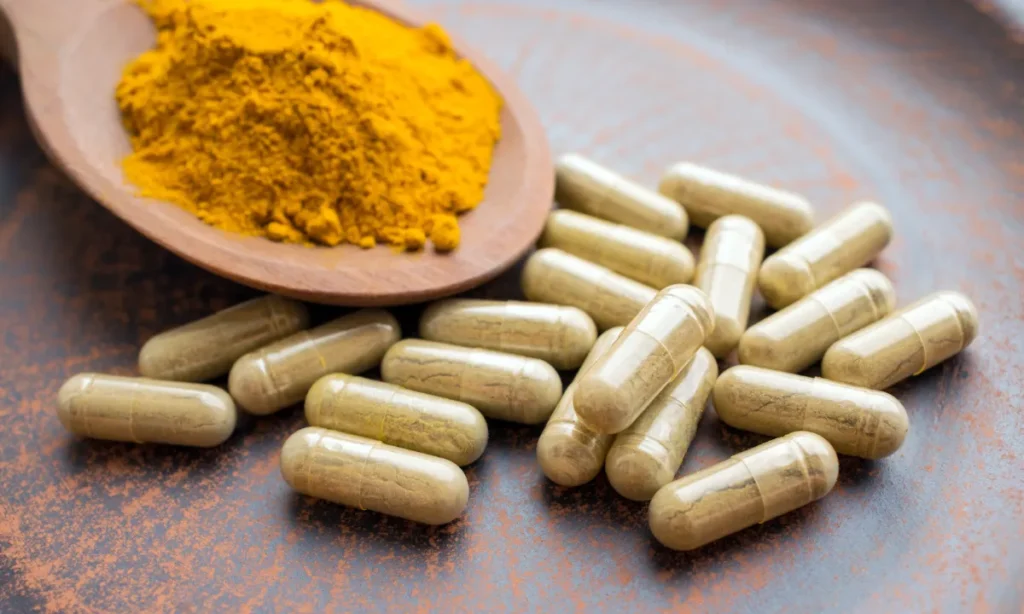
Fresh turmeric
Fresh turmeric, on the other hand, is the root of the turmeric plant. It can be used in cooking, smoothies, or juiced for a more natural approach. Here are some considerations for using fresh turmeric.
Nutritional Profile
Fresh turmeric root contains a broad spectrum of nutrients and phytochemicals beyond just curcumin. These nutrients include essential oils and other compounds that contribute to its overall health benefits. The whole root provides a more holistic approach to health, leveraging its multiple components.
Culinary uses
Cooking with turmeric is a traditional practice that adds flavor and color to dishes but also delivers health benefits. Turmeric can be grated into salads, added to curries, or blended into smoothies. Its versatility makes it easy to include in a variety of recipes, ensuring you can enjoy its benefits as part of a balanced diet.
Natural remedy
As a natural remedy, fresh turmeric has been used for centuries in traditional medicine to treat various ailments, from digestive issues to skin conditions. Its use as a natural anti-inflammatory and digestive aid is well-regarded in many cultures.
Comparative analysis
When comparing turmeric supplements and fresh turmeric, several factors come into play:
Bioavailability
- Turmeric Supplements: Easy to take, standardized doses, no preparation required.
- Fresh Turmeric: Lower bioavailability, but wider phytochemical range.
Convenience
- Turmeric Supplements: Enhanced bioavailability due to bioenhancers.
- Fresh turmeric: Requires preparation, and can be harder to incorporate into a daily routine.
Health benefits
- Turmeric Supplements: Concentrated curcumin dose, proven benefits for various health conditions.
- Fresh Turmeric: Provides a holistic blend of nutrients, as well as traditional uses in natural remedies.
Cost and accessibility
- Turmeric Supplements: Can be more expensive, but widely available in health stores and online.
- Fresh Turmeric: Generally more affordable, available in grocery stores and markets, but may require effort to find high-quality, organic turmeric.
Optimal Use and Recommendations
For those seeking turmeric’s anti-inflammatory and antioxidant benefits, supplements may be the most efficient option due to their enhanced absorption and convenience. However, if you prefer a natural and holistic approach, incorporating fresh turmeric into your diet can provide a broader range of benefits and additional nutrients.

Combination Approach
A balanced approach might involve using both forms. For example, you could take a turmeric supplement for its potent curcumin content while also adding fresh turmeric to your meals for its additional nutritional benefits and culinary versatility.
Related Post
Turmeric and Curcumin: Understanding the Difference
Conclusion
Deciding between turmeric supplements and fresh turmeric depends on your individual health goals, lifestyle, and preferences. Supplements offer a convenient, potent dose of curcumin with enhanced bioavailability, making them ideal for targeting specific health issues like inflammation and joint pain. On the other hand, fresh turmeric provides a more natural, nutrient-rich option that supports overall well-being and can be easily incorporated into a variety of dishes.
Whether you choose turmeric supplements or fresh turmeric, incorporating this powerful spice into your routine can help support your health in numerous ways. As always, consult with a healthcare provider before starting any new supplement regimen, especially if you have underlying health conditions or are taking other medications.
Other Products by Lyallpur Organics
-
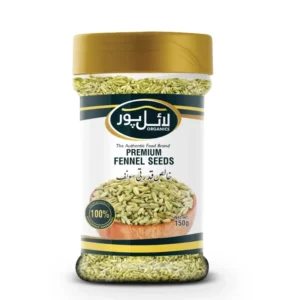 Premium Fennel Seeds (Saunf) – 100% Natural Organic & Pure | Rich in Flavor & Aroma | Best Price in Pakistan₨ 233.00 – ₨ 490.00Price range: ₨ 233.00 through ₨ 490.00
Premium Fennel Seeds (Saunf) – 100% Natural Organic & Pure | Rich in Flavor & Aroma | Best Price in Pakistan₨ 233.00 – ₨ 490.00Price range: ₨ 233.00 through ₨ 490.00 -
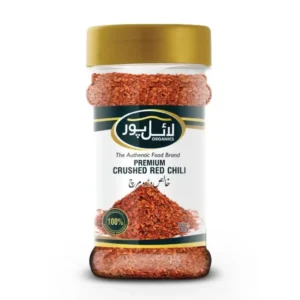 Premium Crushed Red Chili (Crushed Lal Mirch, Darra Mirch) – 100% Natural & Pure | Super Spicy Flavour & Vibrant Color | Best Price in Pakistan₨ 219.00 – ₨ 780.00Price range: ₨ 219.00 through ₨ 780.00★★★★★
Premium Crushed Red Chili (Crushed Lal Mirch, Darra Mirch) – 100% Natural & Pure | Super Spicy Flavour & Vibrant Color | Best Price in Pakistan₨ 219.00 – ₨ 780.00Price range: ₨ 219.00 through ₨ 780.00★★★★★ -
 Premium Kishmish (Raisin) Sundarkhani – 100% Natural Organic & Pure | Rich in Nutrients & Sweet Flavour | Best Price in Pakistan₨ 281.00 – ₨ 410.00Price range: ₨ 281.00 through ₨ 410.00
Premium Kishmish (Raisin) Sundarkhani – 100% Natural Organic & Pure | Rich in Nutrients & Sweet Flavour | Best Price in Pakistan₨ 281.00 – ₨ 410.00Price range: ₨ 281.00 through ₨ 410.00 -
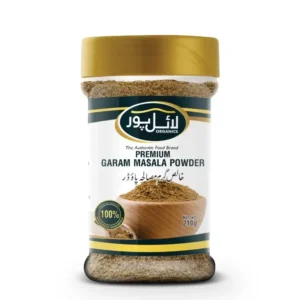 Premium Garam Masala Powder – 100% Natural & Pure | Perfect Spice Blend | Best Price in Pakistan₨ 447.00 – ₨ 1,106.00Price range: ₨ 447.00 through ₨ 1,106.00
Premium Garam Masala Powder – 100% Natural & Pure | Perfect Spice Blend | Best Price in Pakistan₨ 447.00 – ₨ 1,106.00Price range: ₨ 447.00 through ₨ 1,106.00 -
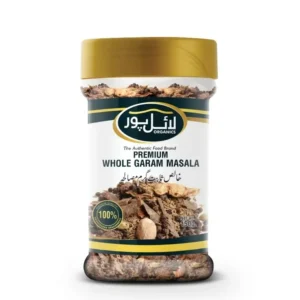 Premium Whole Garam Masala – 100% Natural Organic & Pure | Perfect Blend of Spices | Best Price in Pakistan₨ 521.00 – ₨ 841.00Price range: ₨ 521.00 through ₨ 841.00★★★★★
Premium Whole Garam Masala – 100% Natural Organic & Pure | Perfect Blend of Spices | Best Price in Pakistan₨ 521.00 – ₨ 841.00Price range: ₨ 521.00 through ₨ 841.00★★★★★ -
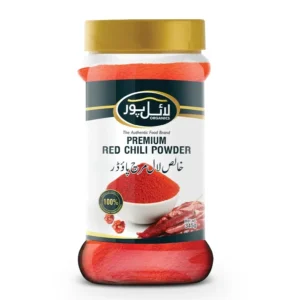 Premium Red Chili Powder (Lal Mirch Powder) – 100% Natural & Pure | Hot Spicy Flavour & Vibrant Color | Best Price in Pakistan₨ 200.00 – ₨ 1,015.00Price range: ₨ 200.00 through ₨ 1,015.00
Premium Red Chili Powder (Lal Mirch Powder) – 100% Natural & Pure | Hot Spicy Flavour & Vibrant Color | Best Price in Pakistan₨ 200.00 – ₨ 1,015.00Price range: ₨ 200.00 through ₨ 1,015.00

